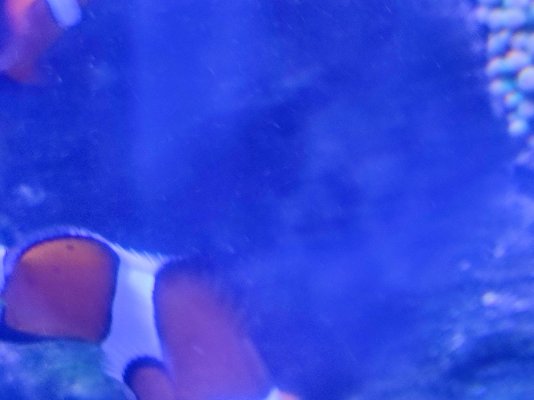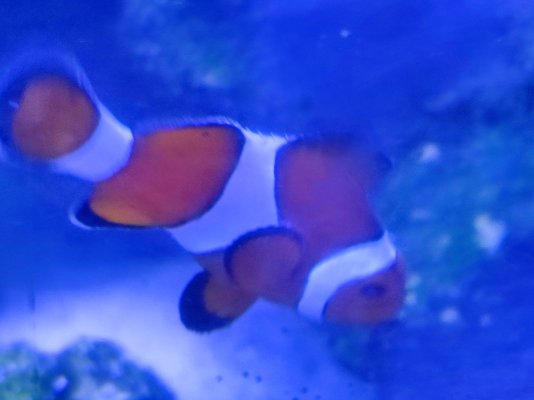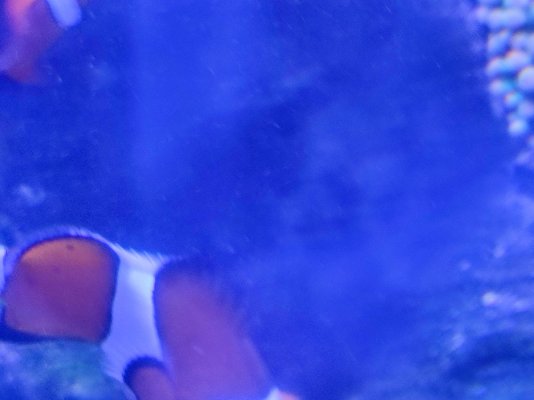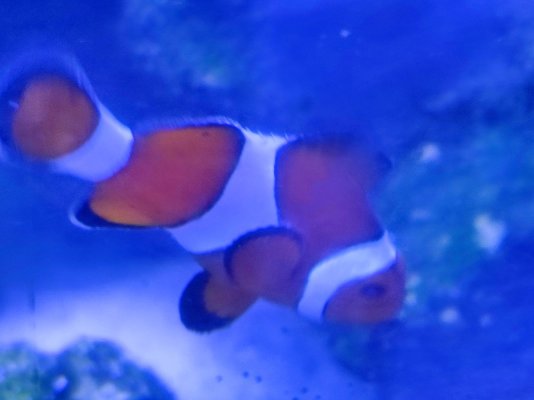Hi Guys,
Few days ago, I noted black spots on both sides of my new hippo tang. 2 days ago he started to scratch himself against the rocks. Given that I am currently running a PraziGold treatment in the DT, I waited the following day (yesterday morning) to administer PraziGold. Today, not only the tang still has the black spots, but also my clown fish has black spots. I read on other threads that black spots are very often associated with flatworms which are supposed to be treated by PraziGold. Is this info correct? How long does it take PraziGold to remove/fix flatworms? Is there anything else I should do?
As usual, thanks in advance. Cheers,
A.
Few days ago, I noted black spots on both sides of my new hippo tang. 2 days ago he started to scratch himself against the rocks. Given that I am currently running a PraziGold treatment in the DT, I waited the following day (yesterday morning) to administer PraziGold. Today, not only the tang still has the black spots, but also my clown fish has black spots. I read on other threads that black spots are very often associated with flatworms which are supposed to be treated by PraziGold. Is this info correct? How long does it take PraziGold to remove/fix flatworms? Is there anything else I should do?
As usual, thanks in advance. Cheers,
A.



















